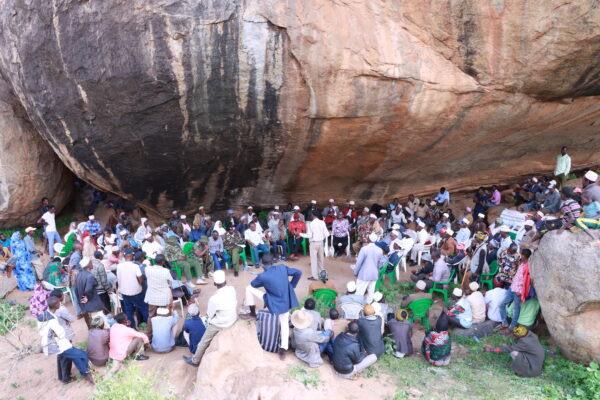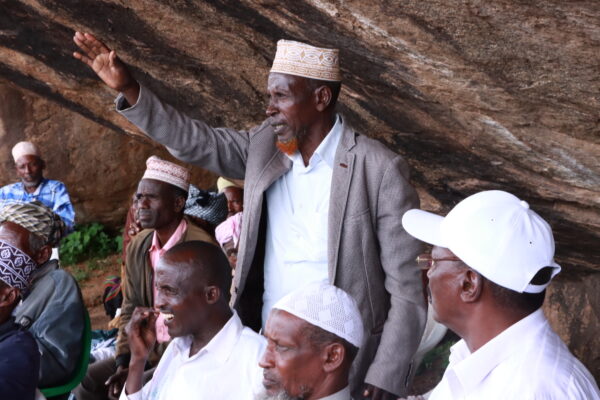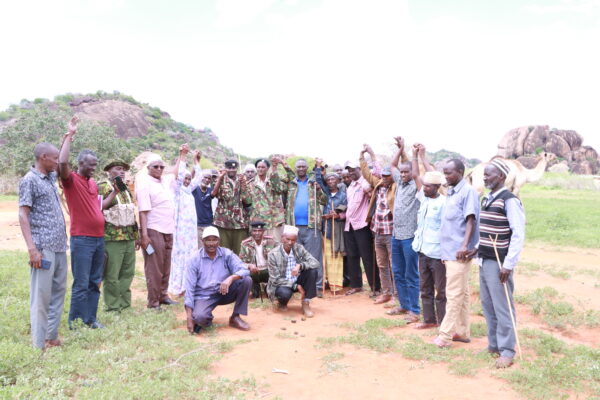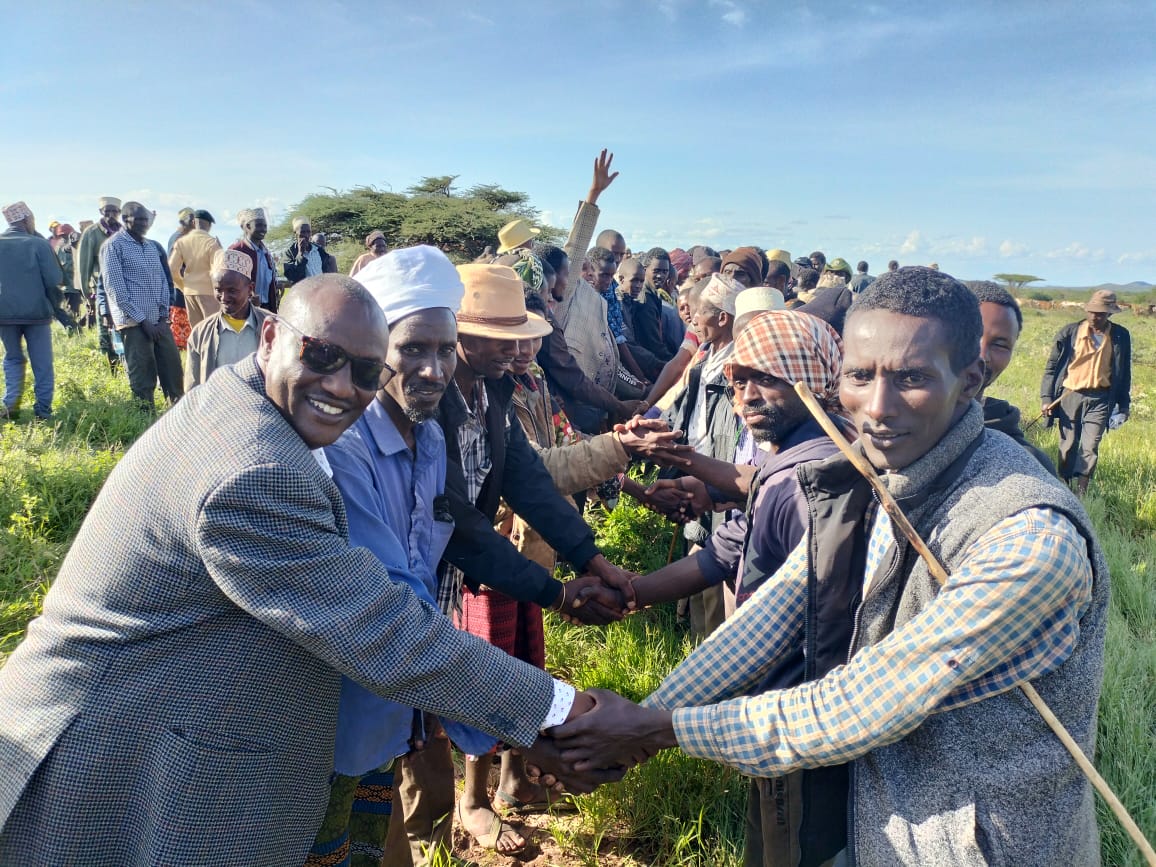Kenya: Resolving conflict and rekindling unity in Elebor and Turbi in Marsabit County
Marsabit County, situated along the northern border of Ethiopia, is home to 14 distinct ethnic communities: Borana, Gabbra, Rendille, Garreh, Burji, Daasanach, Somali, Sakuye, Turkana, Ameru, Samburu, Konso, Wayyu, and Elmolo. Among them, the Rendille, Gabbra, and Borana communities hold significant influence, collectively shaping the county's social, political, and economic agendas. The prominence of these communities in contemporary politics and governance primarily stems from their large population size. Over the past few decades, , the towns of Elebor and Turbi in Marsabit County have experienced escalating conflicts between these groups. The conflicts are often related to competition over scarce resources such as water, pasture and land, which are essential for their livehoods. These conflicts have led to cycles of violence that intensified in the late 1990s and early 2000s, ultimately requiring external intervention.
Over the course of three years, multiple attempts at meetings were made to alleviate tensions among clans. Unfortunately, these endeavours were unsuccessful until a peace agreement was finally brokered in May 2005. However, this newfound peace was short-lived. The conflict resurfaced, culminating in the Turbi massacre, rooted in the unsolved murder of a Gabra man dating back to 2002. In response to the murder, the Gabra community, attributing blame to the Borana, launched retaliatory raids, resulting in the theft of 728 goats. The Ethiopian Boranas were killed, triggering further retaliatory attacks that exacerbated an already strained dynamic among the clans.

This trail of conflict gave rise to a series of violent attacks, culminating in a raid by around a thousand Borana bandits on Gabra villages surrounding Turbi on July 12, 2005. This raid resulted in the deaths of at least 53 people, including 21 school-going children. Since then, peace in Marsabit has remained elusive. Amidst these tensions, a prolonged drought and limited sources of livelihood provided an unexpected opportunity for resolution. Herders from the Gabra and Borana communities, once adversaries, initiated a dialogue-focused effort aimed at promoting peace. This initiative breathed new life into hopes for peace in the county. Key elders from Elebor and Turbi convened during this period, deliberating on ways to mend their differences and strengthen their bond.
The National Cohesion and Integration Commission (NCIC) and Interpeace Kenya peacebuilding programme, funded by the Federal Foreign Office of Germany, and other local organisations, played a key role in coordinating these efforts. Their initiatives, such as peace meetings, strengthened prospects for the long-awaited return of harmony in Elebor and Turbi. Herders reconciled, setting aside their disputes to collaborate and share dwindling resources.
Similarly, the collaboration led in the development of a roadmap that emphasised mediation and the equitable return of all stolen livestock, along with sharing grazing lands and water points.

"The process of returning the animals is currently underway. We have encountered instances where the true owner identified their animal within another herd after it had been mistakenly bought. We diligently traced the seller, refunded the money, and facilitated the return of the animals to their rightful owner," noted Chief Walda.
Building on the gains of the roadmap, aimed to foster lasting, peaceful coexistence, the Kenya programme facilitated a series of peace meetings in Marsabit, leading to the successful return of stolen animals on both Gabra and Borana communities. This accomplishment enabled herds and herders to move freely without fear, and Elebor residents no longer needed to take lengthy routes to reach Marsabit.
"We no longer rely on police vehicles to transport our children to school; a phone call to Turbi and their matatus take care of it. We feel safe, unlike before," shared Mr. Tura Huka, a resident of Elebor.
A similar sentiment was voiced by Ms. Chukulis Korowa, "I own a small hotel in Turbi, and my business is flourishing. Residents of Elebor visit us freely, enhancing commerce between us."

























